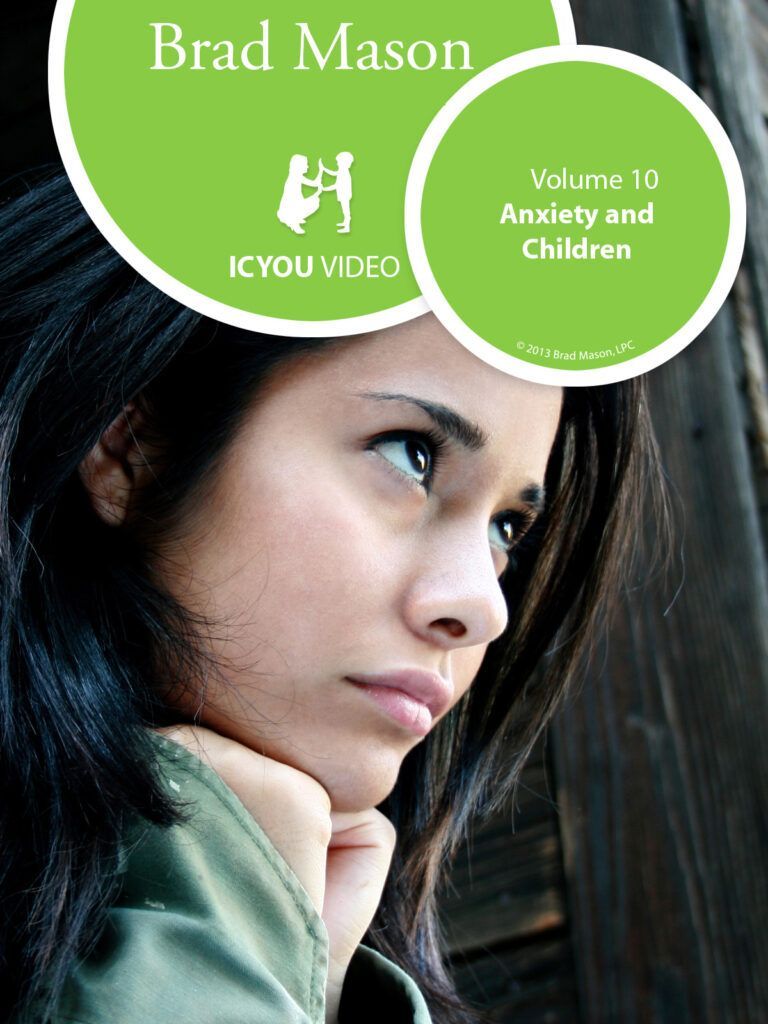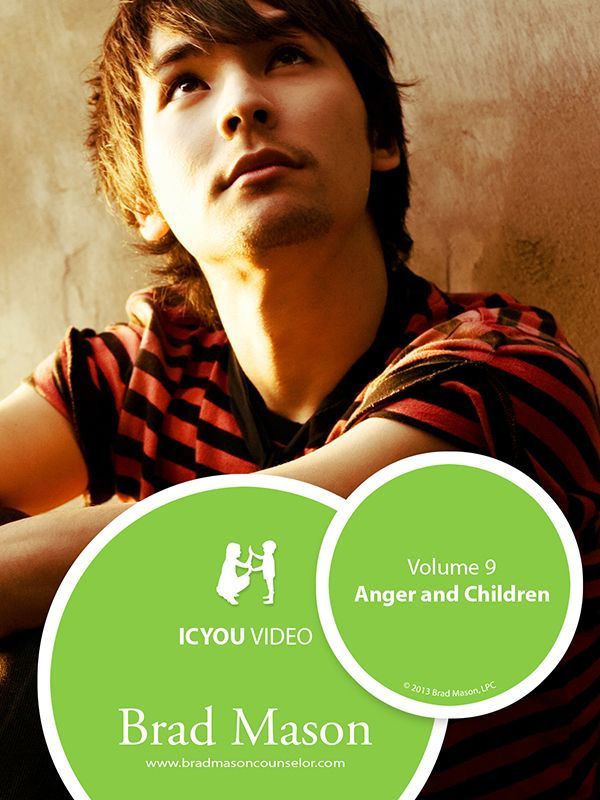Covid Impact on Teens and Young Adults
Covid Impact on Teens and Young Adults- Understanding and Supporting
This article explores social and emotional stressors on teens and young adults followed by ways to support them and resources.
To summarize covid impact on teens and young adults from the CDC’s website:
https://www.cdc.gov/mentalhealth/stress-coping/parental-resources/index.html
- Changes in their routines (e.g., having to physically distance from family, friends, worship community)
- Breaks in continuity of learning (e.g., virtual learning environments, technology access and connectivity issues)
- Breaks in continuity of health care (e.g., missed well-child and immunization visits, limited access to mental, speech, and occupational health services)
- Missed significant life events (e.g., grief of missing celebrations, vacation plans, and/or milestone life events)
- Lost security and safety (e.g., housing and food insecurity, increased exposure to violence and online harms, threat of physical illness and uncertainty for the future)
Digital Distractions
Digital distractions can be hard to overcome while at home or during virtual schooling. I saw many high school and college students in my practice who had been in advanced classes and historically kept up with work and made good grades. For many of them academic success was their primary source of self-esteem and identity. Some simply lost their motivation and focus. Failing to maintain attention in virtual formats, with unfinished work piling up, they fell into despair. Aside from losing a loved one this is one of the greatest covid impacts on teens and young adults.
For those students who are twice exceptional, meaning gifted and a condition such as ADHD, high-functioning autism, or dyslexia, meeting the organizational and focus demands of virtual schooling was something they were not ready for. They also may have lost special education supports and services that helped them succeed.
Add to that many of our youth today struggle with digital temptations such as social media, YouTube and video games. Putting them in a room all day where they can at any moment click on a mental side-trip to something much more rewarding than schoolwork creates a pretty unfair battle. It’s like an alcoholic trying to abstain while living in a bar. Their shame can drive them deeper into the hole of avoidance and distraction.
Virtual platforms also lead to increased exposure to online harms- see link here https://www.unicef.org/media/67396/file/COVID-19%20and%20Its%20Implications%20for%20Protecting%20Children%20Online.pdf
The apathy of putting your life on hold

Many of the people in this age group missed important life events such as prom, graduation, sports, study-abroad programs, and other social, work, and educational opportunities. They may have worked hard to secure a plan that was eliminated or put on hold by covid. Suddenly many of them found themselves sitting alone and waiting. They may need help regenerating their enthusiasm for what they thought they had been working for.
Transitioning away from family and friends when leaving home for work or college was difficult enough for many young adults. Increased isolation at transition time and worries about covid related issues can make this transition more difficult to adapt to successfully. In my counseling practice this has been the third greatest covid impacts on teens and young adults.
Some students faced closed college housing, disruptions to work-study and internship opportunities. One great way to help a youth who has lost their rudder for direction in life and wind for their sails is to help them construct goals and dreams they feel passionate and excited about. Short and long term goals. Check out the dream book strategy for details on how to successfully create clear visions and goals that generate new passions and motivation.
Zoom Fatigue
This is a real phenomenon that is gaining attention and documentation.
Some sample questions include:
- How exhausted do you feel after videoconferencing?
- How irritated do your eyes feel after videoconferencing?
- How much do you tend to avoid social situations after videoconferencing?
- How emotionally drained do you feel after videoconferencing?
- How often do you feel too tired to do other things after videoconferencing?
The article below from Stanford cites four factors that contribute and ideas to manage this problem.
- Prolonged eye contact is intense and taxing. Minimize your screen instead of using full-screen.
- Seeing yourself in real-time is tiring. Click the hide self button.
- Reduction in user mobility. Movement helps us think better and provides nonverbal communication cues. Take breaks to move around.
- Cognitive load is increased during video chat. Switch to audio only for breaks.
Grief
For some teens and young adults who have lost a loved one, this may be the first time they have experienced grief. It is important they be allowed to discuss their feelings with age-peers and other family members as they are ready and willing. Extended time isolated and not talking about it is unlikely to be healthy, even if they are irritable and try to insist on being “left alone.” I think this would be often the number one largest covid impact on teens and young adults.
Teenagers normally prefer to process a crisis with other people their own age, without an adult in the midst of their conversations. A caring adult can help create such opportunities by initiating get-togethers and inviting close friends. Teenagers often want this to happen but lack the planning and organizational skills to execute social plans effectively other than very last minute. Online virtual meets can be created when pandemic risks are unacceptable for some of the families.
While teens usually prefer to process some of their thoughts and feelings with age-peers, it is also a good idea for an adult to monitor what has been said and heard. Sometimes teens and young adults will extend some exaggerated and possibly unhelpful ideas to one another. A caring adult can check in with a teen or young adult after discussions with their friends to see what ideas they got and how they are feeling. Also teens and young adults may make an outcry about desires to harm themselves by cutting, suicide, substance abuse, or other risky ideas. Their friends may not know appropriate ways to respond to such ideas and may keep this information to themselves out of misplaced loyalty. Such thoughts should probably be addressed and monitored by a professional to ensure safety, such as a licensed counselor or psychologist.
https://www.dougy.org/resource-articles/how-to-help-a-grieving-teen
What to do about covid impact on teens and young adults:
Help young adults acknowledge the difficulty and disruption to their social and emotional well-being, work, finances, and educational opportunities.
Assist them in recognizing and addressing any changes to their emotional and behavioral health. Unhealthy changes in sleep habits, exercise, diet, worries, sadness, loss of energy and motivation, increased substance abuse, increased risk-taking behavior, and ability to concentrate and complete school and self-care routines.
Regular and frequent video chats to check in on how they are coping and catch unhealthy patterns early.
Monitor for signs of developing mental health problems. A depressed teen or young adult may be very irritable and resistant to talking about their feelings. Signs of growing distress include:
- Changes in sleep routine
- Changes in diet and frequency of eating
- Social avoidance
- Falling grades
- Irritability
- Restlessness
- Difficulty concentrating and remembering
- Risk-taking behavior including substance abuse
Counseling- One thing Covid has brought us is better utilization of virtual healthcare and therapy. If you have internet access you should be able to find counseling help even if you live in a remote area.

Related articles for Covid impact on teens and young adults:
Covid impact on children aged 6-12
Covid impact on young children
I hope you found some useful ideas in this article Covid impact on teens and young adults.
Brad
I want to create healthy happy life
It can be hard to work with a mind that keeps going to the problems and worries. It's time to teach children their power over thoughts and feelings.
I would like teachable exercises for; replacing thoughts that are not helpful, reasonable, or true, creating joy and emotional resilience, Mindgarden metaphor illustrating power and choice in thoughts, Dream Book strategy for identifying clear goals and building motivation, a video explaining how NOT to let others or situations have the power to bring you down!